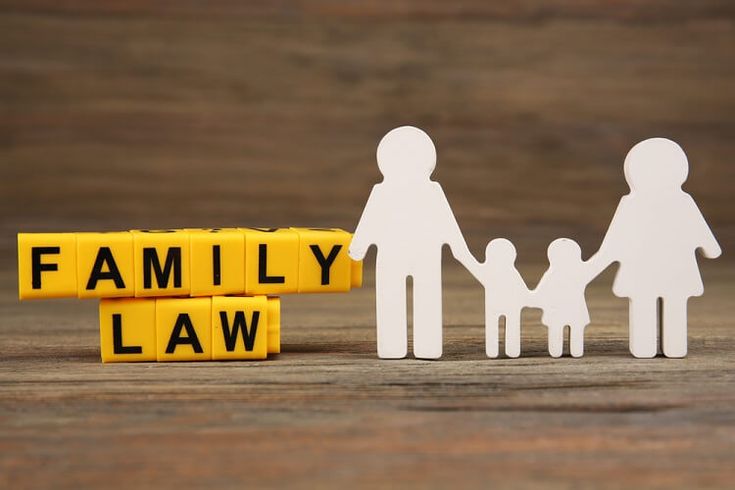How To Find The Best Divorce Lawyer

Introduction
Divorce lawyers are experienced family lawyers who specialize in the dissolution of marriages through litigation, mediation, or other methods. Choosing the right divorce lawyer can significantly impact the outcome of your case and the cost involved. Here are some tips to guide you through the process of finding the best divorce lawyer for your situation:
Step 1: Understand your needs and goals
Before beginning the search, think about what you hope to achieve in your divorce. This will help you find a divorce lawyer with the right experience and skillset, such as:
- A collaborative divorce lawyer who favors mediation if you want to keep your divorce amicable and preserve a good co-parenting relationship.
- An aggressive litigator if you anticipate a contentious divorce with fights over custody or property.
- A divorce lawyer familiar with complex financial situations if you or your spouse own a business or have a lot of assets.
Also, consider factors like cost, location, personality fit, etc. Rank your priorities before starting your search.
Step 2: Search from reliable sources
Tap into your personal and professional networks for referrals. Ask people who have gone through a divorce before or check in with the local bar association. You can also search for members of divorce associations based on their expertise and experience.
Some initial places to find potential divorce lawyers:
| Resource | Description |
| State bar association | Family law or divorce lawyer directories |
| Avvo | Online marketplace for legal services |
| LegalMatch | Legal professional directory |
| National Academy of Family Law Attorneys (NAFLA) | Directories of expert family lawyers |
Getting multiple recommendations increases your chances of finding a suitable divorce lawyer.
Step 3: Conduct initial screenings
Once you have a few potential candidates, screen them over the phone or in a brief consultation to assess their qualifications and experience handling similar cases to yours. Questions you can ask them to determine fit include:
- How long have you been practicing divorce law? Look for at least 5 years of specialized experience.
- How many divorces have you handled and what percentage of your caseload do they occupy? Experts usually dedicate 50% or more of their work to divorce cases.
- Are you a litigator or do you pursue other resolution paths? Align this to your goals. If litigation is likely necessary, hire a litigator.
- How much do you charge and what does that include? Get clear cost expectations. Some have flat/fixed fees while others bill hourly.
- What’s your approach for ensuring amicable resolutions? If that’s important to you, prioritize accordingly.
Pay attention to not just what they say but also how helpful, respectful and responsive they are during this call. This gives you a sense of their style and the experience they provide clients.
Step 4: Get case-specific information
Before officially retaining someone, have an in-depth consultation with your shortlisted candidates to get an assessment tailored specifically to your situation. Provide them details on:
- Your marriage history
- Reason for the divorce
- Current status and whether you’re already separated
- Custody issues regarding children if any
- Financial standing including joint/individual assets, businesses etc.
- Specific concerns and desired case outcomes
Some lawyers offer free case evaluations while others charge a small consultation fee. Having a discussion based on case merits rather than hypotheticals gives you more accurate advice about your positioning.
It also allows the divorce lawyer to outline their specific strategy and pathway to achieve your goals. Compare these gameplans along with costs across shortlisted candidates before making your hiring choice.
Also Read:
https://besraha-news.online/why-do-you-need-a-dui-lawyer/
Step 5: Check qualifications, experience and track record
Before officially hiring someone, do some due diligence by checking:
- That they are licensed to practice in your state. Every state bar association has directories you can search.
- Online reviews, testimonials and ratings from past clients on platforms like Google, Facebook, Avvo, Yelp etc.
- Case results secured for a sample of previous clients by directly asking the divorce lawyer for examples. If numbers are not shared, it could signal unsatisfactory outcomes.
- Any disciplinary history by searching the state lawyer discipline records
Don’t ignore red flags like multiple poor reviews online or any serious disciplinary history. These could indicate potential problems down the road.
Finding the right match
The key to finding the best possible divorce lawyer is conducting thorough research and asking key qualifying questions. Align your choice to your specific divorce situation and goals. This helps secure you the right expert by your side to navigate the complex legal process smoothly and achieve the most optimal outcome. Don’t rush this important decision.
Conclusion
Going through a divorce is challenging. Having the right divorce lawyer representing your interests can help ease some of that burden. Use these steps outlined to find an expert matched suitably to you based on the specifics of your situation. Starting off the process informed and asking key questions helps secure you the highest chances of a successful case resolution.
References
- How to Find the Best Divorce Lawyer For You. Nolo. Retrieved January 23, 2024.
- Tips for Choosing a Divorce Lawyer. VeryWell Family. Retrieved January 23, 2024.







